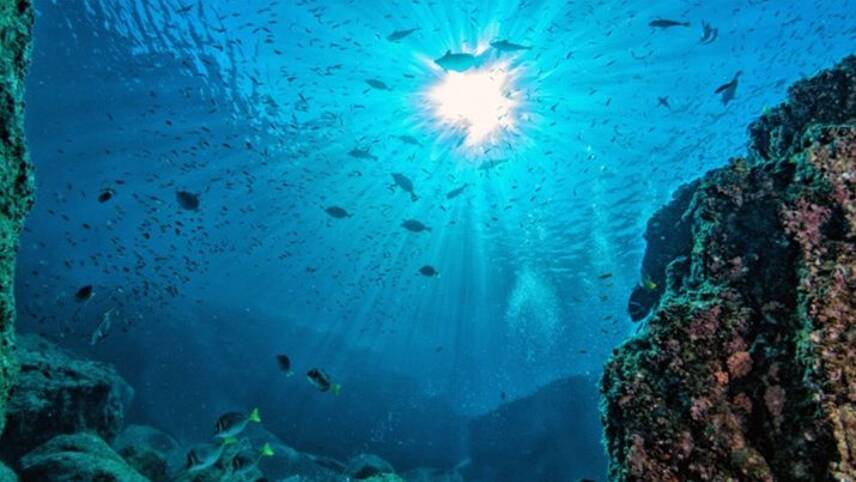Register for free and continue reading
Join our growing army of changemakers and get unlimited access to our premium content

All bonds issued by the World Bank are designed to support projects that deliver progress against one or more of the UN’s Sustainable Development Goals (SDGs).
The new bond, which has a five-year maturity period, purports to touch on the majority of the 17 SDGs. Projects due to benefit from its financing include those working to establish coastal and marine protected areas; those which improve waste management in ways which reduce pollution in waterways and oceans; those which promote sustainable fisheries and aquaculture; and those working to implement strong environmental governance in coastal nations and regions.
According to Credit Suisse, this approach will deliver a number of direct and indirect benefits across people, planet and the economy – which will be particularly felt by businesses and communities connected to island or coastal locations. Elsewhere in its portfolio, it is already providing finance for sustainable seafood supply chain projects in Peru and the Seychelles.
“Credit Suisse is delighted to partner with the World Bank to highlight the need for investment in one of the most important ecosystems for fighting climate change and creating sustainable livelihoods for billions of people – the ocean value chain,” Credit Suisse’s chief executive for its impact advisory and finance department, Marisa Drew, said.
“Absorbing approximately 30% of the carbon dioxide created by humans and generating 50% of the world’s oxygen, yet significantly underfunded from a private capital perspective, ocean health is critical. Funding, such as this, supports the World Bank, which in turn supports projects from sustainable fisheries to marine protected areas to ocean waste upcycling and helps us close the funding gap identified by SDG 14, Life Below Water.”
The World Bank issued its first water and ocean stewardship bond in 2018 and is planning to raise at least $3bn (£2.3bn) for projects that improve sanitation, water access and marine protection efforts in the coming years.
Elsewhere in the emerging field of ‘blue finance’ – a term used to describe green finance focussed specifically on water – International environmental non-profit The Nature Conservancy (TNC) is in the process of launching a series of bonds for ocean conservation, totalling $40m (£30m). The aim of the bonds is to unlock $1.6bn for the restoration and conservation of 1.5 million square miles of marine environments.
The future of sustainable bonds?
In related news, strategic intelligence agency Earth Security Group (ESG) has today (25 November) published its guidance on financing the transition to a “climate-smart” global system for rice.
Around 3.5 billion people – half the global population – are estimated to currently be reliant on rice for their daily nutritional needs. Globally, the majority of rice sold is consumed in lower-income nations in Asia, including Vietnam, Bangladesh and Cambodia. Moreover, 150 million smallholder farmers draw their income from rice production.
But the commodity comes with a sizeable environmental impact; it is estimated to account for 40% of global water use for irrigation and to produce 10% of methane emissions worldwide.
In a bid to tackle these issues and future-proof this food system against megatrends such as climate change and population growth, ESG is urging the creation of a ‘Rice Bond’ aimed at helping processors, traders and retailers to provide farmers with the funding they need to implement new sustainable practices and technologies.
The organisation says it will make this call to action in person at the COP25 summit in Spain next month, in the hopes that such a bond will be created in 2020. Its recommendations are being backed by the UN’s Capital Development Fund (UNCDF) arm.
“Sustainable rice has the potential to improve lives and livelihoods in many of the world’s poorest countries, where we work,” UNCDF’s head of partnerships, policy and communication Esther Pan Sloane said.
“We are proud to be pioneering new financing vehicles that will help attract private sector capital to support SDG- and climate-positive investments, particularly for those countries most in need.”
Sarah George


Please login or Register to leave a comment.